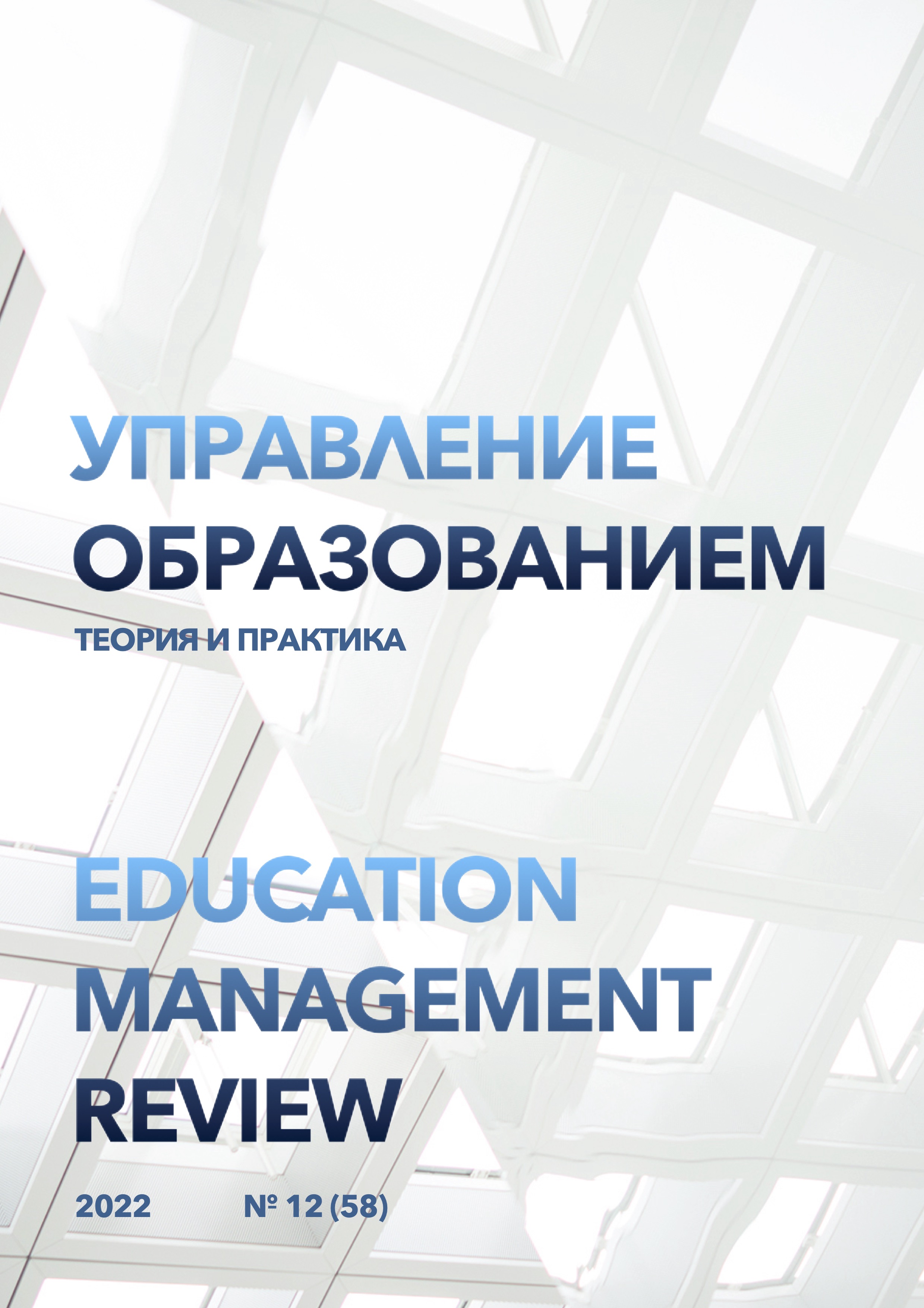The quality of medical education of foreign students in the conditions of distance education
DOI:
https://doi.org/10.25726/e1944-5411-2408-dKeywords:
education, university, distance learning, medicineAbstract
The COVID-19 pandemic around the world and in Russia has made its own adjustments to the education system. Distance learning, as the main form of implementation of the educational process in emergency situations, has become the main way to ensure the continuity of learning. For this pandemic, in the event of an emergency that made it impossible to conduct the educational process in a standard mode, vacations were introduced by decision of the administration of the higher education institution. The Russian (on a par with the world) educational community was not ready for such a challenge as the introduction of high-quality distance learning in a short time. Universities faced the issue of developing alternative strategies for establishing teacherstudent communication with minimal intervention from the dean's office and other departments of universities. In particular, for this purpose, official web resources (official websites, pages of departments in social networks) were actively used in higher education institutions, where the applicant for higher education could find all the relevant information regarding the educational process, as well as materials for training. An important role in creating a student-teacher connection was played by the dean's office as a mediator for creating groups in social networks (Viber, WhatsApp and others). In some universities, blanks for distance learning were created. Medical schools have created their own platforms for preparing students for exams. Usually their function was to prepare students for the licensed integrated exams STEP 1, 2, 3. An internal repository of information was created where the student could find recorded lectures and materials for practical classes. Subsequently, this initiative was picked up by other universities. The practice of recording lectures has begun in order to provide asynchronous distance learning. At the beginning of distance learning, the share of online lectures and seminars was very small. Only a part of the teachers used videoconferencing.
References
Аверченко Л.К. Дистанционная педагогика в обучении взрослых // Философия образования. 2011. № 6 (39). С. 322-329.
Алтынбекова А.К., Алтынбеков К.Д., Антонова Л.П., Кусаинов К.Т., Нысанова Б.Ж. Возможности применения комбинации цифровых и традиционных технологий в ортопедической стоматологии // Вестник Казахского Национального медицинского университета. 2018. № 1. С. 557-559.
Аниськин В.Н., Бусыгина А.Л. Развитие коммуникативного интегративного компонента профессиональной компетентности преподавателя вуза в условиях холистичной информационнообразовательной среды // Балтийский гуманитарный журнал. 2017. Т. 6. № 4 (21). С. 269-272.
Гутнер Я.И. Практикум по терапевтической стоматологии. М.: Государственное издательство медицинской литературы, 2018. 284 c.
Бондарева А.Э., Журбенко В.А., Ирышкова О.В., Саакян Э.С., Тишков Д.С. Интерактивное обучение - одно из важнейших направлений подготовки студентов в современном вузе // Успехи современного естествознания. 2014. №. 12-4. С. 493.
Кучма В.Р., Седова А.С., Степанова М.И. и др. Особенности жизнедеятельности и самочувствия детей и подростков, дистанционно обучающихся во время эпидемии новой коронавирусной инфекции (СОУЮ-19) // Вопросы школьной и университетской медицины и здоровья. 2020. № 2. С. 4-23.
Ракова Т.В. Роль творческого мышления в профессиональной деятельности врачейстоматологов // Mеждународный журнал прикладных и фундаментальных исследований. 2016. №. 2-1. С. 89-92.
Булычева Е.В., Пархета К.А., Сетко А.Г., Сетко Н.П. Гигиеническая характеристика факторов риска развития интернет-зависимости у студентов медицинского образовательного учреждения высшего образования // Оренбургский медицинский вестник. 2019. № 2 (26). С. 68-72.
Тишков Д.С. Mеmакогниmивный анализ влияния нейробиологического подхода на академическую успеваемость студентов // Азимут научных исследований: педагогика и психология. 2020. Т. 9. №. 4 (33). С. 175-177.
Цирюльник А.Ю. Использование дистанционного формата обучения студентов в образовательном процессе // Международный научно-исследовательский журнал. 2020. № 6 (96). С. 92-95.
Stanley J.L. Assessing evidence-based practice knowledge, attitudes, access and confidence among dental hygiene educators // Journal of Dental Hygiene, 89 (5) (2015), pp. 321-329.
Marsh K. Estimating cost-effectiveness in public health: A summary of modelling and valuation methods // Health Econ Rev, 2 (1) (2012), p. 17.

